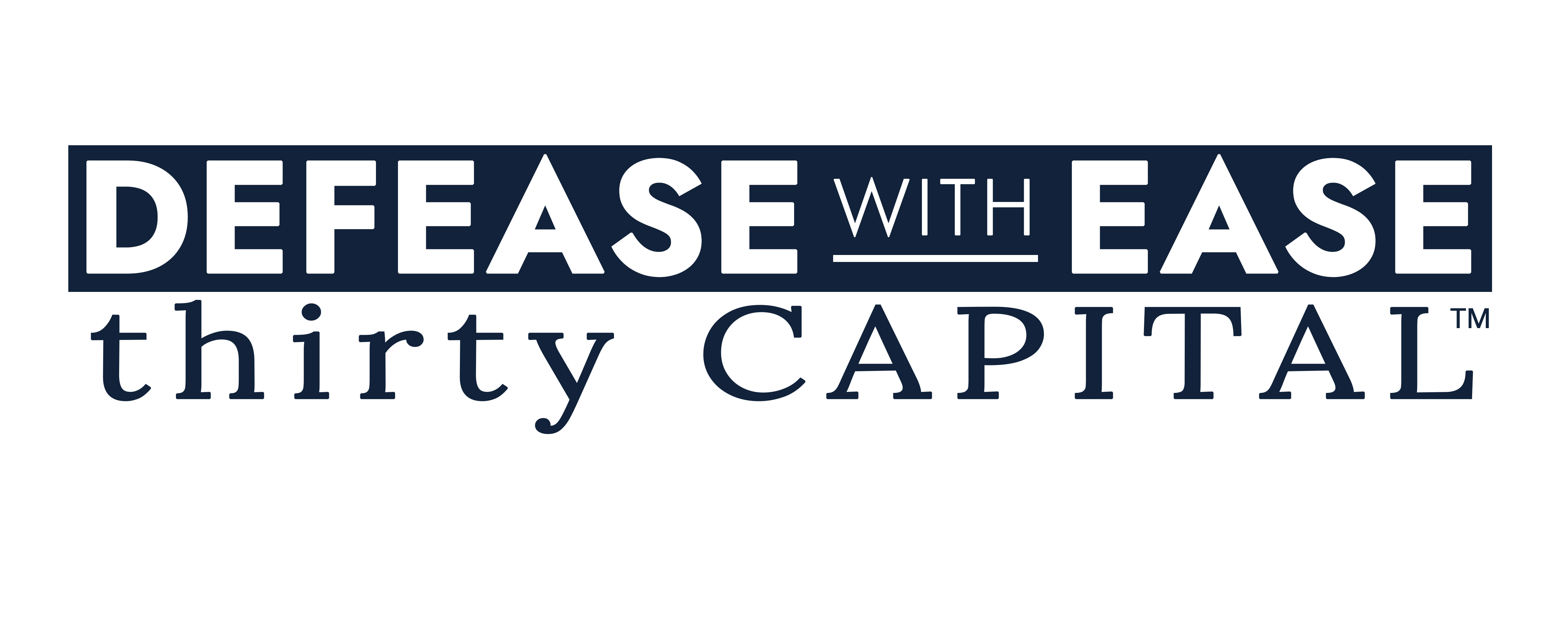In commercial real estate (CRE), decision-making is often constrained not by a lack of information, but by limited access to the right insights at the right time. Data is everywhere: spreadsheets, rent rolls, trailing-12s (T12), loan documents, investor reports, and more. But too often, that data is siloed, disorganized, or too time-consuming to analyze.
As artificial intelligence (AI) becomes more accessible—and industry-specific tools like Lobby AI emerge—CRE leaders now have the ability to interact with their own data in real time, without relying on analysts or Excel gymnastics.
Below are 12 high-impact questions every CRE owner, operator, or executive should be asking their data and how AI can help turn these queries into instant, actionable insight.
1. Are there data quality issues in my T12s or financial statements?
Data issues can quietly derail reporting and analysis. AI reviews your T12s, income statements, and balance sheets to catch missing line items, inconsistencies, and formatting errors, ensuring your numbers are reliable before sharing or decision-making.
2. Can you generate a Schedule of Real Estate Owned (SREO) from my data?
SREOs are time-consuming to build by hand. AI pulls from your internal data or Excel files to generate a clean, export-ready SREO that is already formatted and ready for investor or lender use.
3. Which assets are underperforming relative to their historical NOI or underwriting targets?
Instead of manually building benchmarks, AI can analyze T12s, compare against projections or underwriting, and flag properties that are lagging due to occupancy drops, expense overruns, or revenue compression.
4. What are the five highest priority issues I should review at [Property Name]?
Industry-specific AI can scan property-level financials, lease expirations, and variance reports to generate a KPI-aligned list of high-priority issues, helping you focus your attention where it matters most.
5. How are changing property taxes or insurance premiums affecting NOI?
In today’s inflationary environment, operating expenses are volatile. AI can analyze line-item trends across your portfolio to isolate the impact of rising insurance or taxes and model forward-looking scenarios.
6. What’s the current debt maturity profile of my portfolio—by quarter and asset type?
Lenders, equity partners, and internal teams all care about forward-looking risk. By ingesting your full debt schedule, AI automatically produces a maturity breakdown over time that highlights concentration and rollover risk.
7. How does my current portfolio DSCR and LTV compare to lender covenants?
AI tools can match debt terms against live portfolio metrics to calculate compliance risk and identify potential breach points, especially useful during quarterly lender reporting or capital planning.
8. How has my portfolio-level equity changed in the last year?
Whether you’re preparing investor communications or evaluating refinance options, understanding equity trends is essential. AI can calculate asset-level equity using debt and valuation inputs to deliver a portfolio-wide equity summary on demand.
9. Which loans in my portfolio are eligible for defeasance or prepayment?
Knowing which loans can be prepaid—without triggering excessive penalties—is critical to proactive capital planning. AI can parse your loan docs, evaluate prepayment windows and yield maintenance terms, and return a ranked list of defeasance-eligible loans.
10. Which loans should I consider refinancing now vs. holding?
AI can assess current loan terms, interest rates, covenants, and market comps to identify refinance candidates. It can also simulate forward-looking scenarios based on interest rate curves or loan-to-value (LTV) thresholds.
11. What should I ask my property manager this quarter based on performance?
Instead of starting with a blank slate, AI can generate a custom agenda for your management meetings by highlighting underperforming key performance indicators (KPIs), tenant issues, CapEx variance, or leasing momentum.
12. Write a narrative summary of my Q2 results for investor reporting.
Drafting investor letters is time-consuming. Industry-specific AI can take your financials, operating notes, and prior reports to produce a context-aware, investor-grade narrative that’s clear, accurate, and customizable.
Stop Reacting. Start Asking.
The most competitive CRE leaders aren’t just collecting data, they’re asking the right questions about it.
Previously, unlocking these insights required analysts, custom dashboards, and hours of manual work. But with CRE-tailored AI platforms like Lobby AI, asking your data questions is as simple as typing a sentence—and getting back a structured, reliable answer.
Book a 15-minute Lobby AI demo and see what your data has been trying to tell you.
 The Lobby AI Mobile App is here! In the field, in meetings, on the go: instant portfolio insights right on your phone.
The Lobby AI Mobile App is here! In the field, in meetings, on the go: instant portfolio insights right on your phone. 


